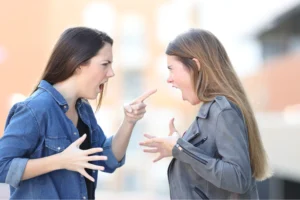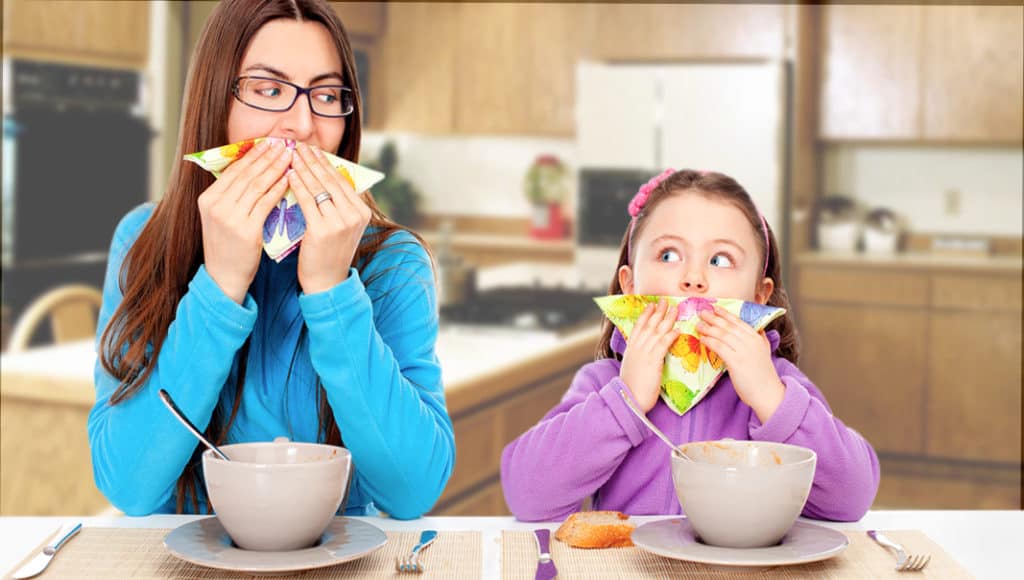
Curbing The Blame Game And Getting Rid Of Excuses
Don’t settle for a response of “It’s not my fault” with your kids. Curb their bad habit of blaming others and making excuses.
May 8, 2018

Learn how to teach your kids seven essential manners so they will grow in their social skills.
Wouldn’t it be nice if a child’s first words were, “Thank you, Mama”? Unfortunately, polite children are not born; they are trained. Here are a few ways other parents have encouraged their children to grow in their social skills and learn better manners:
My children learned to say please and thank you through a
simple game. I wrote down requests that we would take turns presenting. A request might be to shake
another person’s hand. The child would say, “Austin, would you please shake my hand?” If the word
please was used, the request must be fulfilled, and the child scored one point. If he
remembered to say thank you, the child scored another point. The person with the most points won the
game. My kids quickly learned to use these words in everyday life.
—Susan Olubunmis
To remind our kids to chew with their mouths
closed, my husband and I created Dinner Table Olympics. We scored and tabulated “events” such as
Food Chewing and Talking With an Empty Mouth. After several days of events, we gave ribbons and
congratulations. It worked as a fun reminder.
—Valarie
Schenk
When my children want to talk with me while I’m speaking with someone
else or busy doing something, I’ve taught them to put their hand on my arm and quietly wait. Doing
this teaches my little ones not to interrupt, but it also shows them that I am genuinely interested
in what they have to say and want to listen to them.
—Evie Lynne Palmer
We told our kids at an early age that they must
knock before opening our closed bedroom door. In return, we showed them the same courtesy and
knocked on their closed doors before entering. This equal respect for privacy worked for our family.
—Mike and Diane Nocks as told to Savanna Kaiser
When a friend’s husband died, I knew his funeral would be a new experience for my children. To prepare them:
—Mary Jo Keller
“Here, Mama!” my 2-year-old said, proudly handing me a booger.
I handed her a tissue. “When you have boogers, get them out with this,” I instructed.
Sometimes, we have nose-blowing competitions to see who can get out the most
snot. This motivates her to practice blowing her nose.
—Rachel Peachey
My parents’ favorite phrase when we walked into a store full
of delicates was, “Put your hands in your pockets.” This resulted in an immediate, concrete action
from my siblings and me. Now as the mother of two, I give this instruction to my own children. Even
when they don’t have pockets, the meaning is clear: Items here break easily. No touching.
—Dorcas Buckley